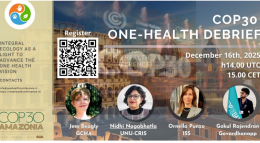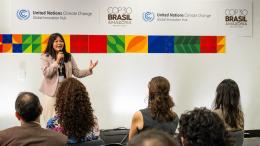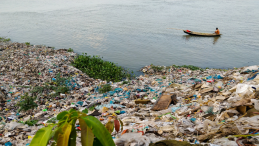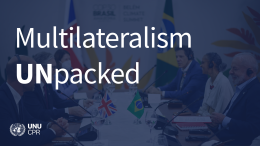Lack of safe water, sanitation and hygiene (WASH) is an urgent public health issue: approximately one tenth of global disease burden could be prevented by improving WASH services and improving management of water resources. At present, 3 out of 10 people do not use uncontaminated drinking water, 3 out of 5 do not access safe sanitation services and 2 out of 5 do not have the means to wash their hands. The shortage of basic services is especially dire in low-resource areas: roughly a third of populations in low- and middle-income countries have access to safely managed services.
Inadequate WASH translates to serious consequences: an estimated 1.6 million deaths and 105 million disability-adjusted life years (DALYs) are lost due to by diarrheal disease (52%), acute respiratory infections (23%) and malnutrition (2%), as well as vector-borne diseases such as malaria (22%) and schistosomiasis (1%). If access to WASH is universal, then millions of lives and DALYs, as well as billions of dollars, could be saved: investing in WASH could reduce an estimated US$260 billion in annual global economic losses, and produce an estimated return of five dollars for every US dollar spent.
Water contaminated by pollutants such as naturally occurring chemicals (e.g. arsenic and fluoride), industrial waste and microbial organisms additionally cause chronic diseases and can cause public health outbreaks of infectious diseases, especially neglected tropical diseases (NTDs). The ill effects can range from acute poisoning, immune suppression, birth defects and mortality. Microbial pollutants from sewage is particularly a problem in low-resource settings, with waterborne diseases such as typhoid fever, cholera and diarrheal diseases being a primary cause of infant mortality.
Of particular interest to UNU-INWEH is the global risk of anti-microbial resistant (AMR) organisms. Referring to drug resistance in bacteria, viruses, parasites and fungi, AMR is an emerging contaminant of emerging concern (CEC) that may render progress against diseases such as tuberculosis and malaria ineffective. Drug-resistant microorganisms have been detected in drinking water across the globe largely due to contamination from municipal wastewater. Antibiotic contamination of surface water is of particular concern in Asia and Africa, where levels are considerably higher than Europe or North America and local authorities struggle to meet the servicing and infrastructural needs of burgeoning urban populations, which is projected to be 68% of the world’s population by 2050. An estimated 700,000 people die annually due to antimicrobial resistance, which is expected to increase to 10 million a year and result in an annual global gross domestic product loss of up to 100 trillion USD by 2050 if the spread of drug-resistant microorganisms is not tackled
These statistics highlight how adequate WASH and good water quality play critical roles in protecting and sustaining the health of billions of people around the world while also saving critical financial resources. This project hence will contribute evidence to guide policymaking on water’s critical role in abating environmental health risks for a range of preventable diseases by developing tools to reduce the negative impacts of WASH-related diseases and water pollution, especially amongst marginalised and vulnerable populations such as women and girls and other left behind groups whose rights to health and WASH are constrained.
Tools developed will draw from the latest in climate, behaviour and health sciences to reflect environmental health contexts and inform population-level adaptive spatial planning and infrastructural investment. This includes the expansion of UNU-INWEH’s Water-Associated Disease Index (WADI). A primary objective of this project is to redevelop WADI as a digital health online tool (WAVES: WASH disease Vulnerability and Surveillance) that can measure, map and inform mitigation and adaptation of government interventions, thereby reducing individuals and communities’ vulnerability and susceptibility to WASH-associated diseases, especially in light of climate change in coastal zones.
Knowledge syntheses of current research and its integration with ‘leaving no one behind’ frameworks and guidance documents will complement tools development in this project. The knowledge synthesis research includes, inter alia, (a) identifying opportunities for action in SDG acceleration in water and gender programming; and (b) mapping evidence of AMR studies in the water sector, especially in the Global South.
This project builds on the previous UNU-INWEH project “Managing Water-Related Health Risks” (Pelikan Code: 9664), which was implemented from 1 October 2017 to 31 July 2020. Key research outputs from this period include NTD-focused conceptual frameworks from the Regional Initiative for the Assessment of Climate Change Impacts on Water Resources and Socio-Economic Vulnerability in the Arab Region (RICCAR) project, and publications and policy briefs on improving groundwater quality and reducing concentrations of arsenic in drinking water.
- Project Manager
- Dr. Lina Taing




